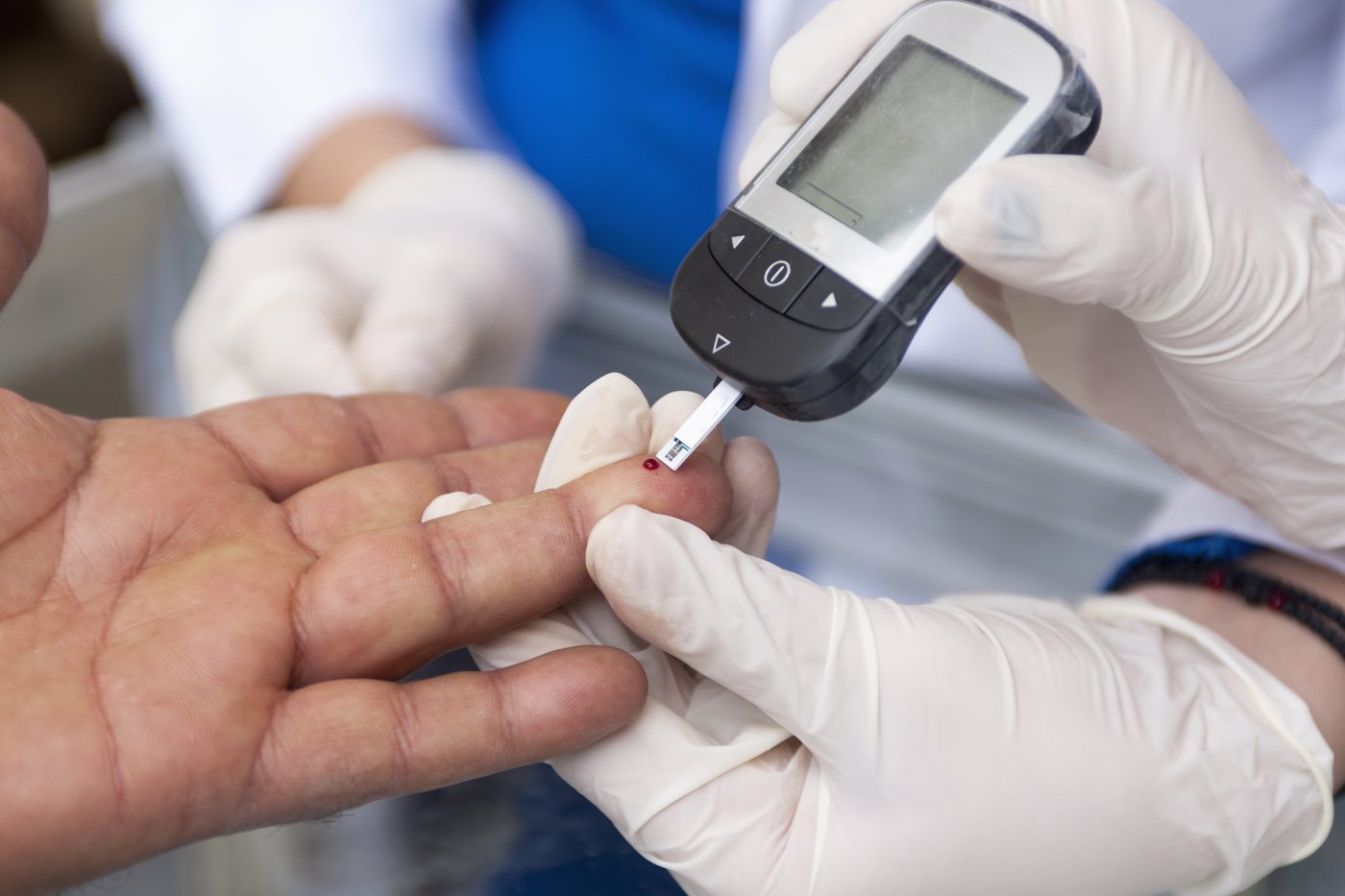A study recently published in the journal JAMA Surgery revealed that patients undergoing sleeve gastronomy surgery for weight loss may in the long-term regain weight and develop obesity-related comorbidities such as diabetes. The study is entitled “Long-term Metabolic Effects of Laparoscopic Sleeve Gastrectomy” and was conducted by researchers at Rabin Medical Center in Israel.
Obesity is a serious public health problem that causes a systemic inflammatory state in the body being associated with several chronic diseases such as diabetes, hypertension, cardiovascular diseases and cancer.
Laparoscopic sleeve gastrectomy (LSG), a weight loss surgery that permanently reduces the size of the stomach, is currently considered one of the most effective approaches to promoting medically supervised weight loss. In recent years, LSG has become a common, safe, effective bariatric procedure where a substantial part of the stomach is removed in order to limit food intake. Despite the fact that LSG has becoming increasingly popular, there is a lack of data concerning its long-term effects on obesity-related disorders.
In this current research, scientists investigated the long-term impact of LSG on weight loss and the development of medical conditions like diabetes. Data were collected from patients who underwent LSG procedure between April 2006 and February 2013 at the university hospital. In total, data from 443 LSGs were analyzed.
Researchers found that in the cohort analyzed, LSG resulted in 77% excess weight loss one year after the surgery, 70% at the 3-year follow-up and 56% at 5-year follow-up. Concerning diabetes, complete remission was maintained in 51% of the patients 1 year after the surgery; however, this value decreased to 38% after 3 years, and 20% after 5 years.
The research team concluded that LSG induced weight loss and substantial improvements in obesity-related comorbidities, namely diabetes. However, the team reported that over time individuals may experience a significant weight regain and a decrease in the remission rate of diabetes.
This could be of particular concern to those considering bariatric surgery, as sleeve gastrectomy involves a permanent change to the digestive system. Other weight loss surgery options, such as gastric band surgery or the newly FDA-approved intragastric balloon devices such as the Orbera Intragastric Balloon are not permanent and completely reversible.
“The longer follow-up data revealed weight regain and a decrease in remission rates for type 2 diabetes mellitus and other obesity-related comorbidities. These data should be taken into consideration in the decision-making process for the most appropriate operation for a given obese patient,” concluded the research team according to a news release.
Dr. Anita P. Courcoulas from the University of Pittsburgh Medical Center in a comment on the study noted that it is not clear if current studies will focus on the question of long-term results of bariatric surgery, including the sustainability of weight loss and comorbidity control as diabetes. “These critical gaps in knowledge pose a significant problem for people considering a potential surgical option to treat severe obesity. Contributing to these deficits are the paucity of comparative trials, incomplete follow-up, a lack of standardized definitions for changes in health status (e.g., diabetes mellitus remission), and the tendency to a rush to judgment in favor of surgical treatment options,” stated Dr. Courcoulas. “Clinicians and prospective patients will need to discuss and weigh the evidence in a dynamic exchange driven not always by final conclusions but by the most current available data.”


